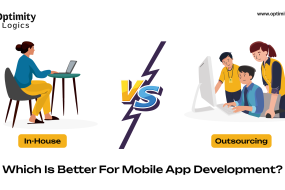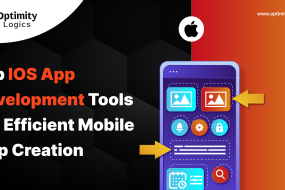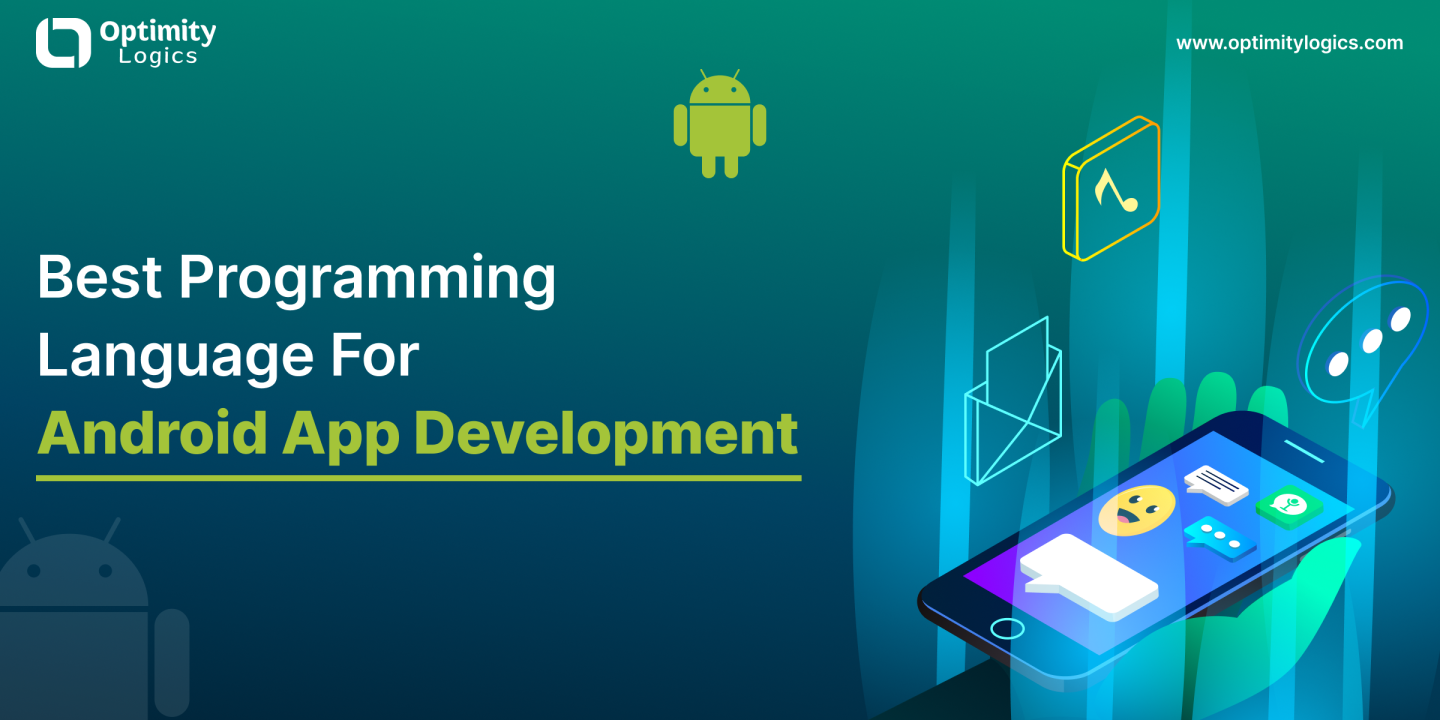
Choosing the right programming language is crucial for successful Android app development. With numerous options available, each offering unique features and benefits, selecting the best language can significantly impact your app’s performance, scalability, and user experience.
This guide will explore the top programming languages for Android app development, comparing their strengths, community support, and suitability for different project types, to help you make an informed decision that aligns with your goals and technical needs. Whether you’re a beginner or an experienced developer, understanding these options is key to building efficient and robust Android applications.
Well, how many times a day do you check your smartphone? Reportedly, it happens an astounding 100+ times a day, with 51% of users interacting with their applications directly one to ten times a day (millennial, at least). And the amazing sensory experience our phones offer is the reason we are becoming dependent on them. Instagram, Facebook, and YouTube.
So, applications are an integral part of our life. We use them for information, build connections, or have fun! And while developing apps is fun, you’ll require more guidance, specifically when choosing the right technology. Whatever technology you choose will define how your audience will engage with the app. For instance, if you want to develop an Android app, you need to determine the right Android app programming language.
Best Programming Language For Android App Development
The first step in creating an Android app that performs well is choosing an appropriate programming language. So let’s examine them now.
Kotlin
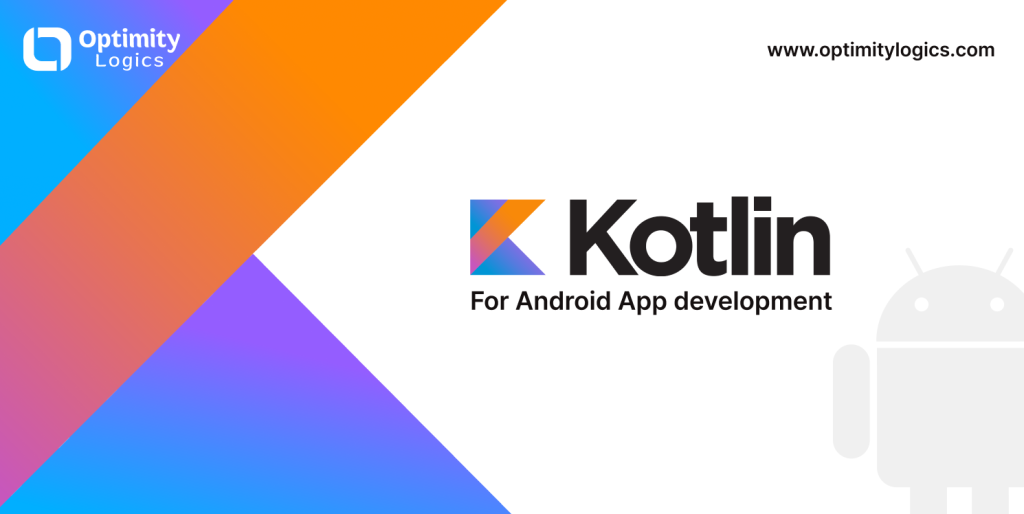
For good reason, Kotlin has emerged as one of the top programming languages for creating Android apps very rapidly. With its official endorsement from Google, Kotlin is a top option for developers due to its expressive, contemporary syntax and smooth Java compatibility. Its efficient code structure lowers the risk of mistakes and boosts output, and its null safety and extension methods increase the dependability and functionality of the software.
Jet Brains bears the full cost of language development, but the Kotlin Foundation safeguards its brand. It may be compiled into JavaScript or native code, and it has a concise coding syntax. Additionally, Java Virtual Machine (JVM) runs it. Among Kotlin’s greatest attributes are the following:
– Null Safety
– Smart Cast
– Operator Overloading
– Interface Type
– Object – Oriented Programming
Java
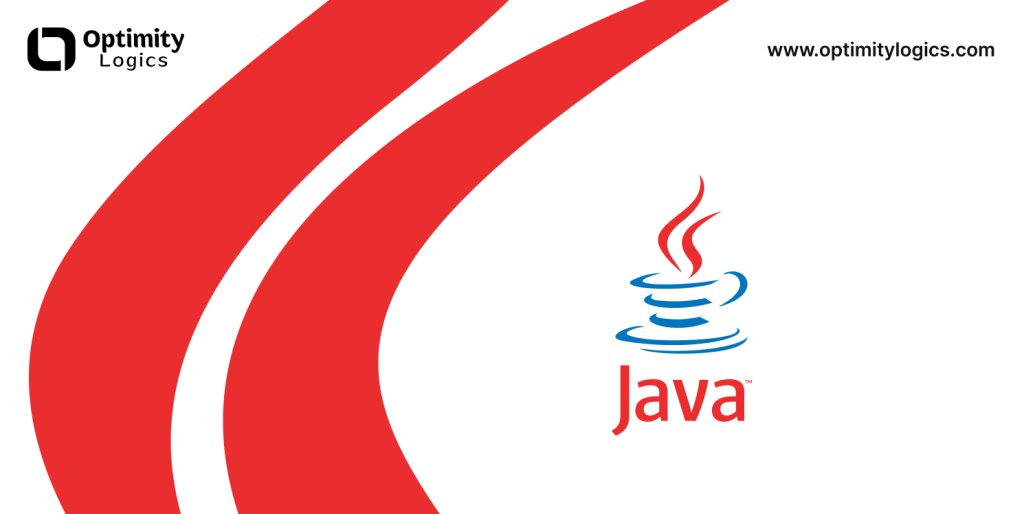
Java’s object-oriented nature and portability across different platforms make it a versatile language, allowing developers to create Android apps that are maintainable and scalable.
It is also known for its robustness, interpreted/compiled code, and advanced safety and security features as a server-side development language. Java also offers multiple complex programming options, like constructors, checked and null pointer errors, etc.
It is the best option for all platforms because of its minimal implementation needs. Its immense popularity also makes it the programming language of choice for programmers. Among Java’s greatest features are:
– Architecture Neutral
– Simple and portable
– Platform Independent
– Multithreaded
– Distributed Systems
C/C++
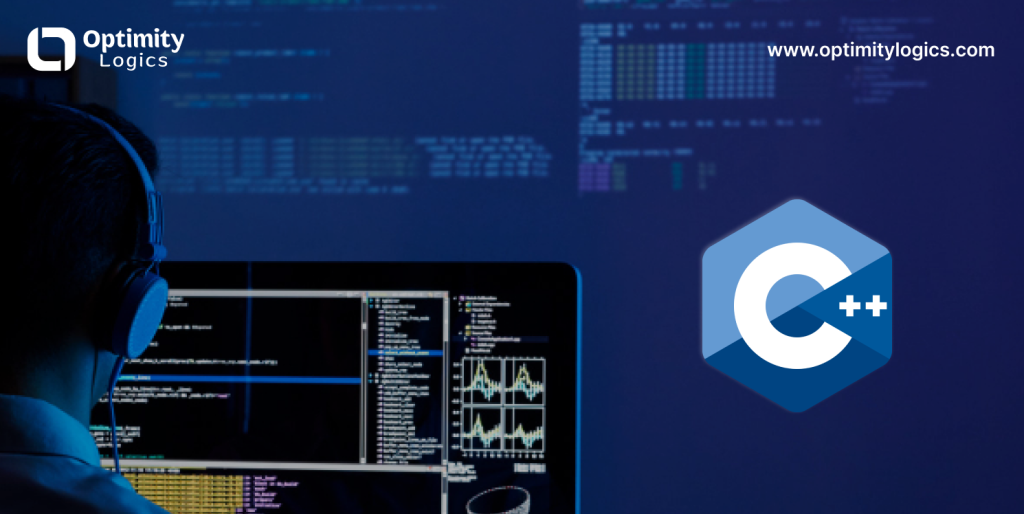
C/C++ is a multi-paradigm, high-level language that is excellent for developing Android apps. To create Android apps, developers may use the NDK (Native Development Kit) from Google, which is a specialised toolkit that works with the SDK and supports native languages like C and C++. Developing a whole application is beyond the capabilities of C or C++; in this case, the NDK allows you to create a native library that can be used by Java programs.
While C and C++ are not the primary languages for Android development, they play a crucial role in scenarios where performance is key or when working with specific libraries or systems. For most Android apps, however, Java or Kotlin remains the go-to language due to their simplicity and strong integration with the Android SDK.
– Memory management
– Compiler based
– Structured programming
– Abstraction
– Case sensitive
C#
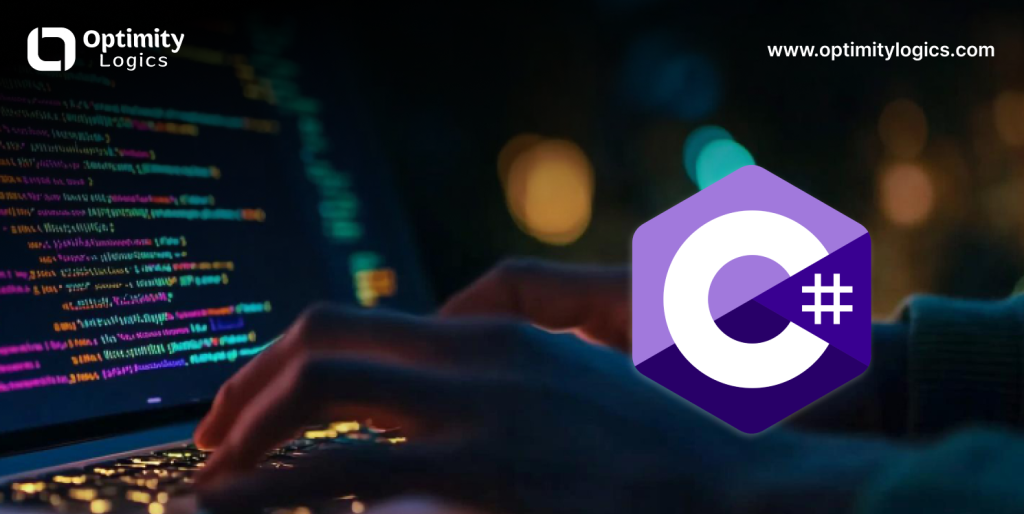
The high-level, general-purpose language in the.NET framework is called C#. C# is an object-oriented, more laid-back version of Microsoft’s C and C++ programming languages, suitable for developers having experience with them.
While cross-platform frameworks like MAUI and Xamarin are utilised to create native apps, C# is the predominant programming language for Android apps. These frameworks give developers simple access to the native APIs and Android SDK while enabling them to write C# code and compile it into native Android applications.
– Type safe
– Rich library
– Component oriented
– Scalable and updateable
– Interoperability
Python
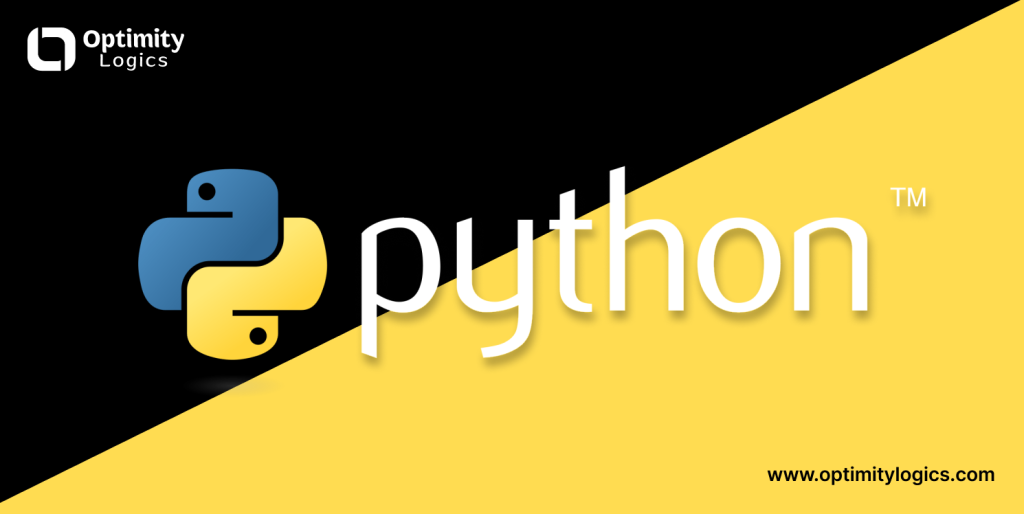
Python is a general-purpose, high-level programming language. Its design philosophy employs a lot of indentation to promote code readability. There was a period when using Python to create Android apps was inappropriate.
But there are now a number of third-party tools that can assist in converting Python projects into packages that work with mobile devices that run Android. For developing Android apps, it’s one of the greatest programming languages because of features like typing and dynamic binding.
It also makes it seamless for developers to translate code, accelerating the app development process compared to other languages.
– Free and open-source
– GUI programming support
– High-level language
– Large standard library
– Dynamic memory
Top Factor to Choose the Best Programming Language for Android App Development
Optimity Logics share a top factor the best programming language for android app development. So, Stick with us, read and enjoy more!
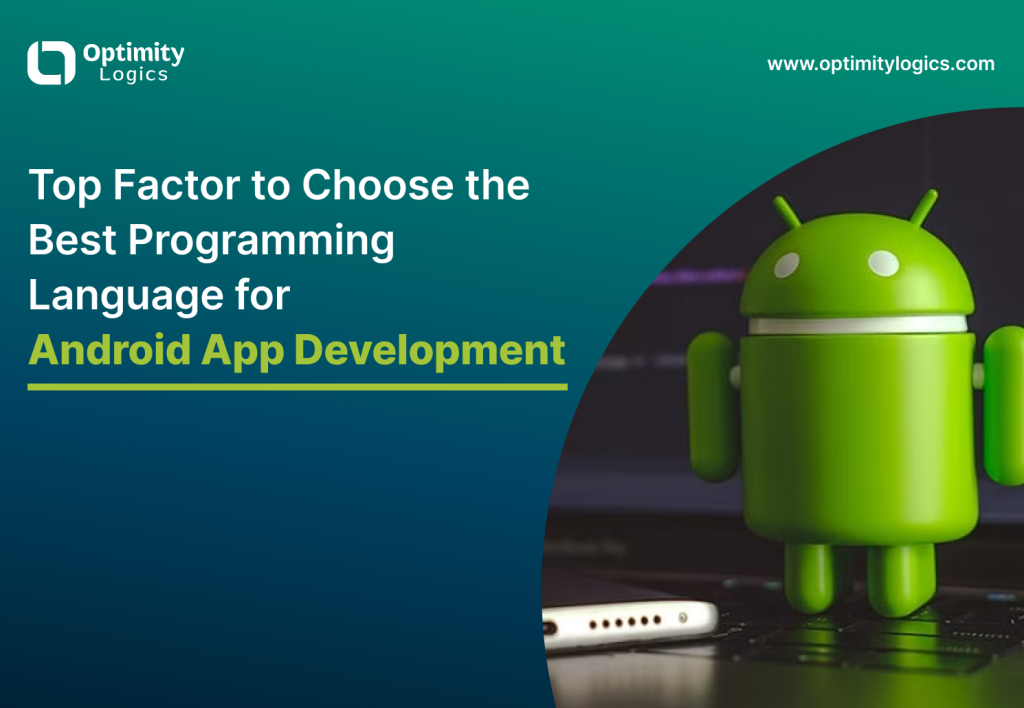
Performance Optimisations
Performance optimisation is crucial in Android app development to ensure that your app runs smoothly, efficiently, and provides a good user experience. Your development teams can experience benefits from features that optimise performance, including low-level memory management, using the ideal language.
Adaptability to Project Needs
When choosing a programming language for Android app development, adaptability to project needs is a crucial factor. This means selecting a language that can effectively handle the unique requirements, constraints, and goals of your project. Hence, you can improve efficiency and code readability by choosing the language that aligns with your project’s main objective.
Developer Productivity
Developer productivity is a key consideration when choosing a programming language or framework for Android app development. High productivity enables faster development cycles, easier maintenance, and quicker iterations, ultimately leading to better apps. Accessibility to a robust language and how it can be used for development considerably impacts the developers’ performance. Hence, the best programming languages for Android app development should come with an extensive library, a short structure, and a large supportive community that can help accelerate the development process.
Conclusion
Selecting the appropriate programming language is essential to the success of your Android app development endeavour. The choice should be based on a number of variables, such as the demands for performance, future scalability, developer experience, and project requirements.
Ultimately, the best programming language for Android development is one that not only meets your current project demands but also supports long-term growth and scalability. Evaluate your options carefully, and choose the language that empowers your team to deliver high-quality, performance, and user-friendly applications. Please contact us and our dedicated professionals would be happy to answer any questions you may have!


